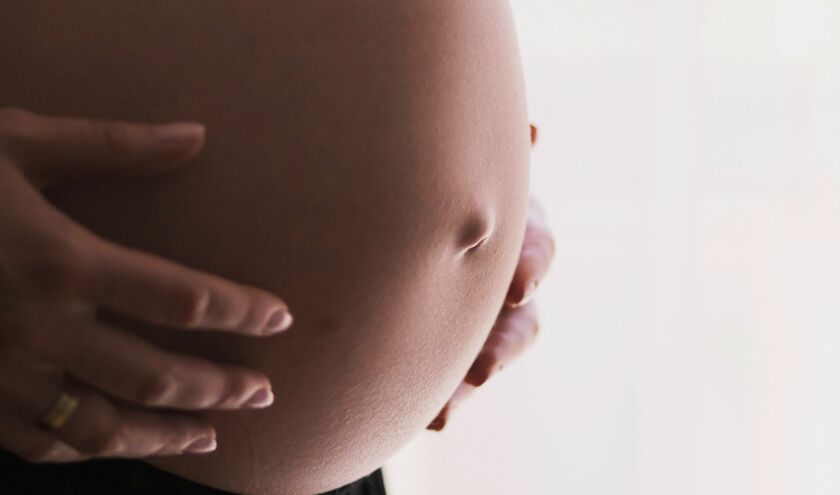The regulator's report followed a programme of inspections that found continued concerns about the quality of NHS hospital maternity services with common issues impacting on safety at services across the country.
Nicola Wise, CQC's director of secondary and specialist care, said: ‘Sadly, our latest maternity inspection programme has further evidenced the need for urgent action with continued problems indicating that the failings uncovered in recent high-profile investigations are not isolated to just a handful of individual trusts.'
Just under half (48%) of the 131 maternity units inspected were rated requires improvement or inadequate overall. Around a third (35%) were rated good for safety. However, safety standards at all other units inspected were rated either requires improvement (47%) or inadequate (18%) and the CQC found significant variation in the way trusts operated in key areas such as learning from incidents and assessing women at triage to identify any risks.
Some maternity units assessed as part of the programme were not fit for purpose, as they lacked space and facilities and, in a small number of cases, appropriate levels of potentially life-saving equipment. The regulator called for additional capital investment for maternity estates and assurance that money will be ring-fenced and spent where it is intended to improve the safety of maternity environments.
Additionally, the inspection programme revealed significant differences in the way trusts collect and use demographic data to address health inequalities. At some trusts, both staff and people using the service experienced discrimination because of their ethnic background, or issues associated with having English as a second language.
The report sets out recommendations for NHS trusts, ICBs and wider system partners to help address the issues identified. Additional resources have also been developed by the CQC for maternity service staff.
NHS chief midwifery officer Kate Brintworth said: ‘Despite the hard work of NHS staff, we know that, for large numbers of women and families, NHS maternity care simply isn't at the level they should expect and there is a lot to do to improve.
‘We are grateful to the Care Quality Commission for sharing the insights in this report, which will help the NHS continue its improvement of maternity services. We know there is much more we need to do to drive up standards of care and build on improvements already made, and we will continue to provide intensive support to the most challenged trusts and support a growth in the maternity workforce.'
Chief executive of NHS Providers, Sir Julian Hartley said: ‘Trusts are committed to improving both outcomes and experiences for women but to deliver meaningful and system-wide improvement, they need sufficient and sustained investment, including in staffing and in maternity facilities.
‘Trusts are tackling inequalities head-on too, ensuring they understand the diverse needs of those they are caring for, as well as supporting staff and women to feel able to speak up and be confident they will be listened to.'
Liberal Democrat health and social care spokesperson, Helen Morgan said: 'The ongoing postcode lottery of maternity care must end. That means raising standards across the board and making sure that no mother or baby is put at unnecessary risk.
'Unsafe staffing levels and practices can have tragic consequences, as so many families across the country have experienced first hand.
'Despite several reviews and inquiries, this new CQC report makes clear that much more progress needs to be made.
'Improving maternity care must be a key priority for the new Government as it seeks to address the broader crisis in our healthcare system.'



